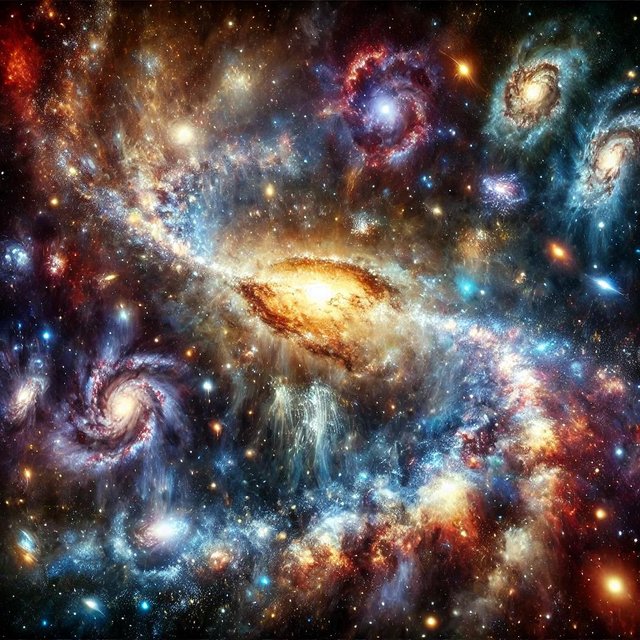The Expanding Universe: What Does It Mean for Us?

What Is the Expanding Universe?
The universe is not static; it is expanding. This means that galaxies are moving away from each other over time. Scientists discovered this by observing light from distant galaxies, which appears redder—a phenomenon called the redshift.
This expansion started with the Big Bang about 13.8 billion years ago. Since then, space itself has been stretching, carrying galaxies with it.
How Was the Expansion Discovered?
The idea of an expanding universe was first proposed by Edwin Hubble in the 1920s. He observed that:
- Galaxies farther from us are moving away faster than closer ones.
- The universe is expanding in all directions, like a balloon being inflated.
Why Is the Universe Expanding?
The expansion is driven by a mysterious force called dark energy. This energy makes up about 68% of the universe and causes the expansion to accelerate over time. Dark energy is still poorly understood, but it plays a critical role in shaping the universe's future.
What Does the Expanding Universe Mean for Us?
The expansion of the universe affects us in many ways:
- Cosmic Distances: As galaxies move farther apart, studying them becomes more challenging.
- Cosmological Events: The universe’s expansion will determine its ultimate fate, such as whether it will keep expanding forever or collapse in a “Big Crunch.”
- Origin of Life: The expansion created conditions for galaxies, stars, and planets to form, making life possible.
The Future of the Expanding Universe
There are three main possibilities for how the universe’s expansion might end:
- Big Freeze: If expansion continues, galaxies will drift apart, and the universe will grow cold and dark.
- Big Crunch: If gravity overpowers dark energy, the universe could collapse back into itself.
- Big Rip: If dark energy keeps accelerating, it might tear apart galaxies, stars, and even atoms.
How Do Scientists Study the Expansion?
Astronomers use advanced tools and techniques to study the expanding universe:
- Telescopes: Powerful instruments like the Hubble Space Telescope measure redshift and distant galaxies.
- Cosmic Background Radiation: This faint glow from the Big Bang helps scientists understand the early universe.
- Simulations: Supercomputers model how the universe might evolve over billions of years.
Quick Facts About the Expanding Universe
- The rate of expansion is called the Hubble Constant.
- The observable universe is about 93 billion light-years across.
- Dark energy, which drives expansion, was first observed in the late 1990s.
Conclusion
The expanding universe is a fascinating topic that helps us understand where we come from and where we are headed. Though its mysteries are far from solved, scientists continue to study its behavior and effects on galaxies, stars, and the future of life.